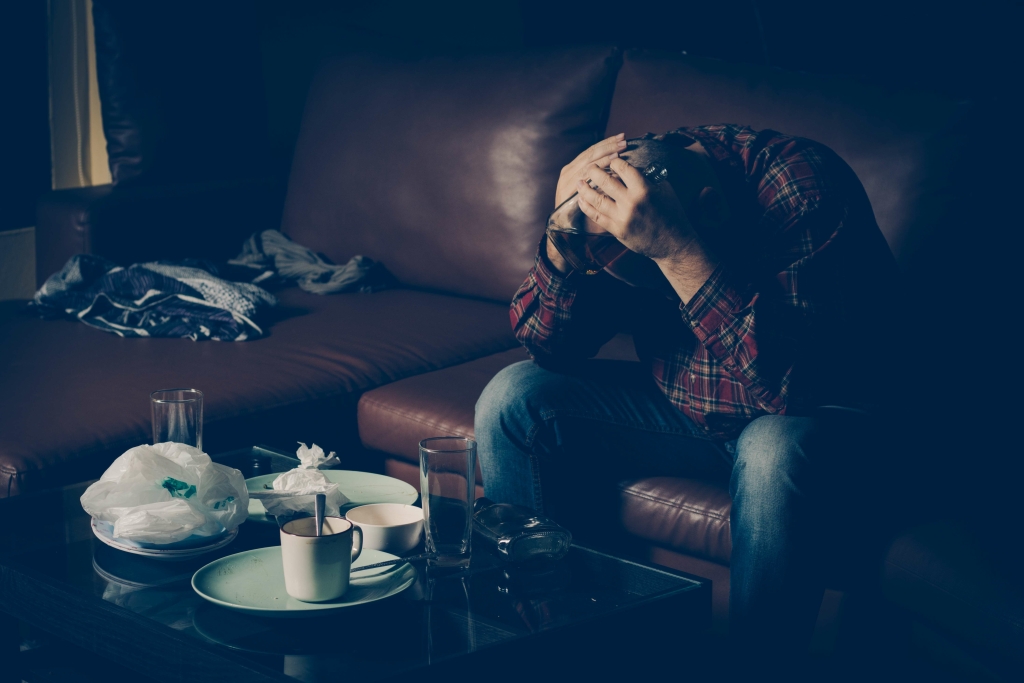Certain medications and foods can also trigger alcohol intolerance, as they can interfere with the body’s ability to process alcohol. To reduce the risk of unpleasant reactions, it is important to be aware of any potential triggers and take steps to avoid them. Alcohol, especially red wine and beer, contains histamines and can trigger the release of more histamines in your body. This can exacerbate allergic reactions, making symptoms like congestion, sneezing, and itching more pronounced.

Does the amount of alcohol consumed affect the likelihood of sneezing?
There are various coffee alternatives available, including chicory coffee and nut-based coffees. In addition, there are several kinds of herbal tea, which can provide the same pick-me-up without the sneezing. If you find that drinking beer makes you why do i sneeze when i drink sneeze, there are several things you can do to help prevent this from happening. First, try different types of beer to see if some brands don’t make your nose tickle as much. Additionally, it might be a good idea to drink the beer more slowly and not in one quick gulp.

Personal Allergies and Differences

OAS is an allergic reaction to certain proteins found in raw fruits and vegetables, which are also present in many alcoholic drinks. As such, it is important Substance abuse for those who suffer from this condition to be aware of the potential risk that drinking certain cocktails may pose. Histamine-induced reactions occur when an individual is sensitive to histamines naturally found in wine. These reactions may cause inflammation of the skin, throat and airways, leading to difficulty breathing.
Why do I sneeze when I choke on food?
- Sneezing is a reflex action designed to expel irritants from the nasal passages.
- As such, The TTTB has proposed a change to the labeling requirements which will require winemakers to list any ingredients that may contain histamines on the label.
- For mild cases of sulfite intolerance, avoiding products with added sulfites may provide relief.
- Alcohol-induced sneezing can occur even without having an alcohol allergy.
A daily nasal lavage will help to flush out the irritants and prevent the allergy symptoms. The only solution for alcohol intolerance is to completely avoid alcohol. However, there are certain things you can do to keep your nose clear and free of extra mucus, which may help reduce sneezing after eating. Adopting healthy lifestyle habits can improve the immune system and reduce the frequency of morning sneezing. Focusing on stress reduction techniques, such as meditation, yoga, or regular exercise, can help improve immune system function and potentially reduce morning sneezing.
- When dealing with a coffee allergy, you will need to avoid not just coffee, but also a variety of foods and beverages that contain coffee or caffeine.
- Overall, it is clear to see that there are a variety of factors that can lead to sneezing after drinking coffee.
- All of these symptoms are your body’s way of telling you that something has changed.
- Over-the-counter medications, such as antihistamines and corticosteroid nasal sprays, can provide relief from allergy symptoms.
- Certain components of alcoholic beverages, such as histamines and sulfites, can act as triggers for allergy-like symptoms, including sneezing.
If you experience a mild allergic reaction, over-the-counter oral antihistamines may be enough to treat it. If you develop any signs of a severe reaction, you should receive one or more doses of epinephrine. If you’re tired of dealing with a runny nose every time you drink coffee, there are several steps you can take to reduce the risk. One approach is to try a different type of coffee, such as a lighter roast or a coffee that is lower in acidity. You can also experiment with brewing methods, https://spectrum-pathways.com/vicodin-addiction-facts-statistics-lotus/ such as using a French press or pour-over, which may result in a less irritating cup of coffee. Additionally, adding milk or creamer to your coffee may help to neutralize some of the acidic compounds that can contribute to nasal congestion.
